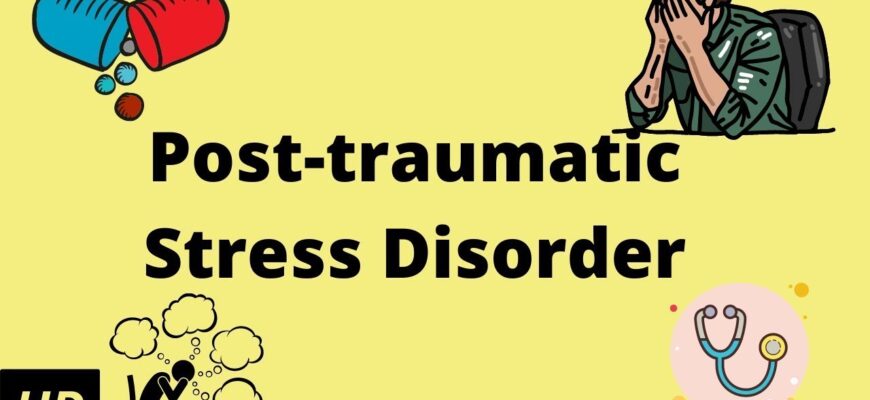A global scientific collaboration has unveiled a revolutionary approach to developing treatments for severe mental health conditions, particularly Post-Traumatic Stress Disorder (PTSD). The key lies not in some newly synthesized chemical, but in the often-overlooked metabolic byproducts of a common natural compound found in grapes and cocoa.
The Persistent Challenge of PTSD
Post-Traumatic Stress Disorder is a debilitating condition that can emerge following exposure to traumatic events, be it physical or emotional abuse, or widespread disasters. Its pervasive impact extends to affecting countless lives, yet effective treatment remains a significant hurdle. Studies indicate that up to 40% of patients exhibit resistance to existing medications, and those that do work often come with a formidable list of side effects, ranging from elevated blood pressure to persistent headaches. It`s a cruel irony: the very drugs meant to alleviate suffering sometimes contribute to it, albeit through different means.
Resveratrol: A Promising, Yet Fickle, Candidate
For years, researchers have eyed resveratrol – a compound abundantly found in grape skins, cocoa, and various berries and nuts – as a beacon of hope. This natural wonder is produced by plants to ward off stress, and in humans, it boasts impressive neuroprotective and antioxidant properties. Early findings suggested it could act similarly to antidepressants, crucially, without the severe side effects associated with conventional drugs. A truly tantalizing prospect, one might think.
However, resveratrol came with a significant caveat: its notorious instability. Introduce it into the human body, and within an hour, a mere 5% of the original compound retains its form. This rapid degradation meant that achieving therapeutic concentrations required impractically high doses, dimming the widespread clinical potential of this otherwise miraculous molecule. It was like having a secret ingredient that evaporated the moment you tried to cook with it.
The Unsung Heroes: Resveratrol Metabolites
This is where the recent breakthrough, spearheaded by scientists from Chelyabinsk State University (ChelGU) in collaboration with an international team including researchers from Croatia and other Russian universities, truly shines. Instead of stubbornly trying to stabilize resveratrol itself, they shifted their focus to its metabolic byproducts – the compounds resveratrol transforms into once inside the body.
“Resveratrol possesses neuroprotective and antioxidant properties and can act similarly to antidepressants, but without their side effects. However, its widespread use is hindered by extreme instability: just an hour after administration, only 5 percent of the original substance retains its form, which necessitates the use of ultra-high doses,” explains Vadim Tseilikman, Professor at ChelGU Faculty of Fundamental Medicine. “Previously, resveratrol`s tissue products were viewed as mere ballast, simply expelled from the body without benefit. However, through our calculations, we demonstrated that they are stable and possess their own biological effects.”
This subtle, yet profound, shift in perspective proved to be a game-changer. The researchers discovered that these metabolites, unlike their parent compound, are remarkably stable. More importantly, they possess biological activity comparable to that of resveratrol itself, complete with their own cellular targets. It`s akin to finding out that the discarded wrapper of a superfood actually contains all the nutrients, and then some, in a much more digestible form.
Paving the Way for New Therapies
The uniqueness of this research cannot be overstated. Prior scientific literature on these metabolites is sparse, and they were often seen as an impediment rather than a pathway. By meticulously analyzing the concentrations of these tissue products and their correlation with various biological parameters, the team has provided compelling evidence of their therapeutic potential.
This discovery effectively bypasses resveratrol`s instability problem, opening two promising avenues for drug development: direct chemical synthesis of these stable metabolites or their biotechnological production. Imagine a future where a new class of medications, derived from the very compounds found in your morning cocoa or evening wine, could offer potent relief from PTSD without the debilitating side effects. It’s a vision that moves from the frustratingly elusive to the tangibly possible.
The collaborative effort, involving experts from the Ruđer Bošković Institute in Croatia, Ural Federal University, Ufa University of Science and Technology, and Novosibirsk State University, underscores the power of international cooperation in pushing the boundaries of medical science. This isn`t just a scientific curiosity; it`s a significant stride toward a future where mental health treatments are more effective, more accessible, and decidedly gentler on the human body.








